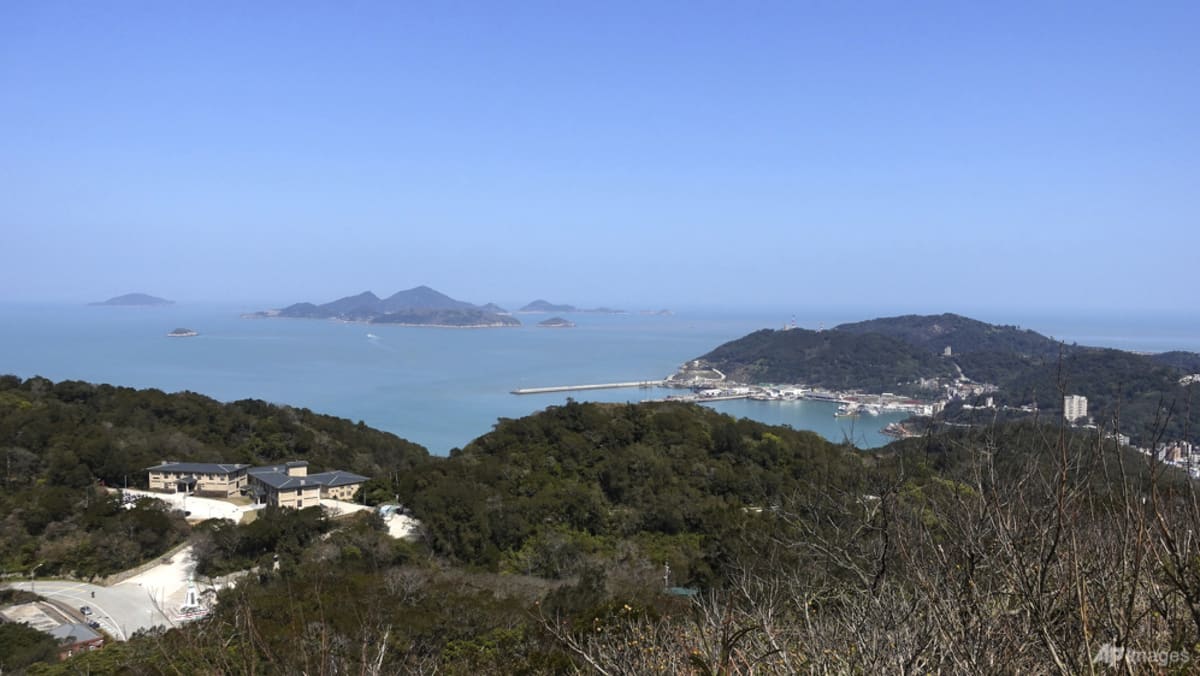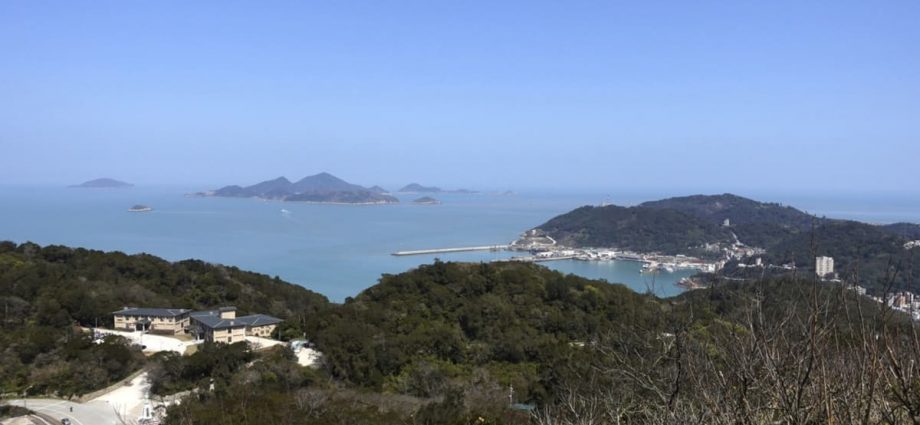
Wang Chung-ming, the head of Lienchiang County, as the Matsu Islands are officially called, said that he and the legislator from the region went to Taipei shortly after the Internet broke down to ask for help, and were told they would get priority in any future Internet backup plans.
Taiwan’s Ministry of Digital Affairs publicly asked for bids from low-Earth orbit satellite operators to provide the Internet in a backup plan, after seeing Russia’s cyberattacks in the invasion of Ukraine, the head of the ministry, Audrey Tang, told the Washington Post last year.
Yet, the plan remains stalled as a law in Taiwan requires the providers to be at least 51 per cent owned by a domestic shareholder.
A spokesperson for the Digital Ministry directed questions about the progress of backup plans to the National Communications Commission (NCC).
NCC said that it will install a surveillance system for the undersea cables, while relying on microwave transmission as a backup option.
Many Pacific island nations, before they started using Internet cables, depended on satellites – and some still do – as backup, said Jonathan Brewer, a telecommunications consultant from New Zealand who works across Asia and the Pacific.
There is also the question of cost. Repairing the cables is expensive, with an early estimate of NT$30 million (US$1 million) for the work of the ships alone.
“The Chinese boats that damaged the cables should be held accountable and pay compensation for the highly expensive repairs,” said Wen Lii, the head of the Matsu Islands chapter of the ruling Democratic Progressive Party.

